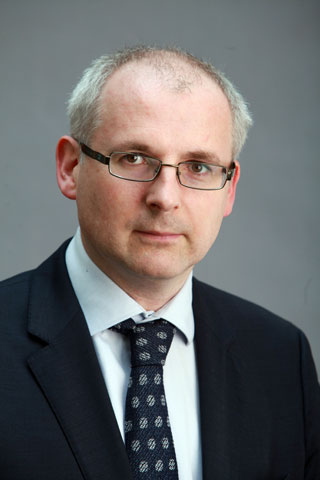Paul Anthony McDermott SC: Is honesty the best policy?

Paul Anthony McDermott
Barrister Paul Anthony McDermott SC comments on changes to the perjury regime.
Trust me, Ireland is soon going to become a more honest place. It has been announced that a new statutory offence of perjury is coming before the cabinet for approval.
Up until now, the most notable feature of the common-law crime of perjury has been the apparent inability to convict anyone of it. You might imagine that in an age when we can prosecute cyber-crime and international conspiracies, it would be relatively straightforward to establish that someone has deliberately lied under oath. However, that has not been the experience, and the Irish public now realise that the chances of being apprehended for lying in court are almost zero.
This is why it sometimes feels as if making exaggerated claims has become a national sport, with as many participants involved as there are in the GAA.
The main problem is that perjury is a common-law offence, which means no piece of legislation contains a proper definition of it. Oddly, the Perjury Act 1911, which was enacted by the British Parliament, was never made applicable here, even though it was another 10 years before we managed to negotiate an exit from that particular union, complete with a hard border.
An earlier Irish Perjury Act of 1729 does still apply here, but it simply allows someone convicted of the common-law offence to be sent to a house of correction for hard labour or transported to one of “His Majesty’s plantations beyond the seas”. Sadly, hard labour has fallen out of fashion in almost every area of modern life, and US president Donald Trump’s immigration policy, combined with Ireland’s current lack of colonies, makes transporting felons logistically challenging these days.
The offence of perjury applies only when you tell a lie under oath. That is why, when politicians make exaggerated claims, it is regarded as spinning as opposed to sinning. An attempt was recently made in England to bridge that gap when a private prosecution was brought against Boris Johnson for allegedly telling outrageous lies about the benefits of Brexit. However, the High Court threw out the case on the basis that making incorrect statements about public facts for the purpose of political campaigning has never been a crime.
That is why whenever election candidates appear at my front door and wave their manifestos in my face, I politely invite them to call back later with a sworn affidavit verifying its contents. Strangely, I never see any of them again.
Charlie Flanagan, the minister for justice and equality, has said that the new Perjury and Related Offences Bill should make it easier to address cases of insurance fraud, and he is suggesting a fine of up to €100,000 and 10 years’ imprisonment as punishments.
If this war on mendacity works, compensation cases could be transformed. Witnesses would say they barely noticed that the other car had hit them, agree it was probably their own fault for not looking out properly, and happily confirm that they had not skipped a single hot-yoga class since the accident. They would then slowly look around the entirety of the courtroom to illustrate how completely unimpeded their neck movement was. Soon the word “whiplash” would fall out of common parlance and the value of shares in companies that manufactured neck-braces would plummet.
The movie Liar Liar provides a glimpse of what a world in which no one can tell any lies would look like. When asked by his lover if it was good for him, Jim Carrey’s character is compelled to respond: “I’ve had better.” This suggests that, just like politicians, we should retain the right to tell a few white lies outside of court.
Perjury is not a victimless crime. The new bill is a model of straightforward drafting and states that if you make a material statement in court that is false, and you know it to be false, then you commit a crime. If all new laws were made that clear and concise, then even the most honest lawyers would soon be out of business.
This article first appeared in The Times on June 23, 2019










